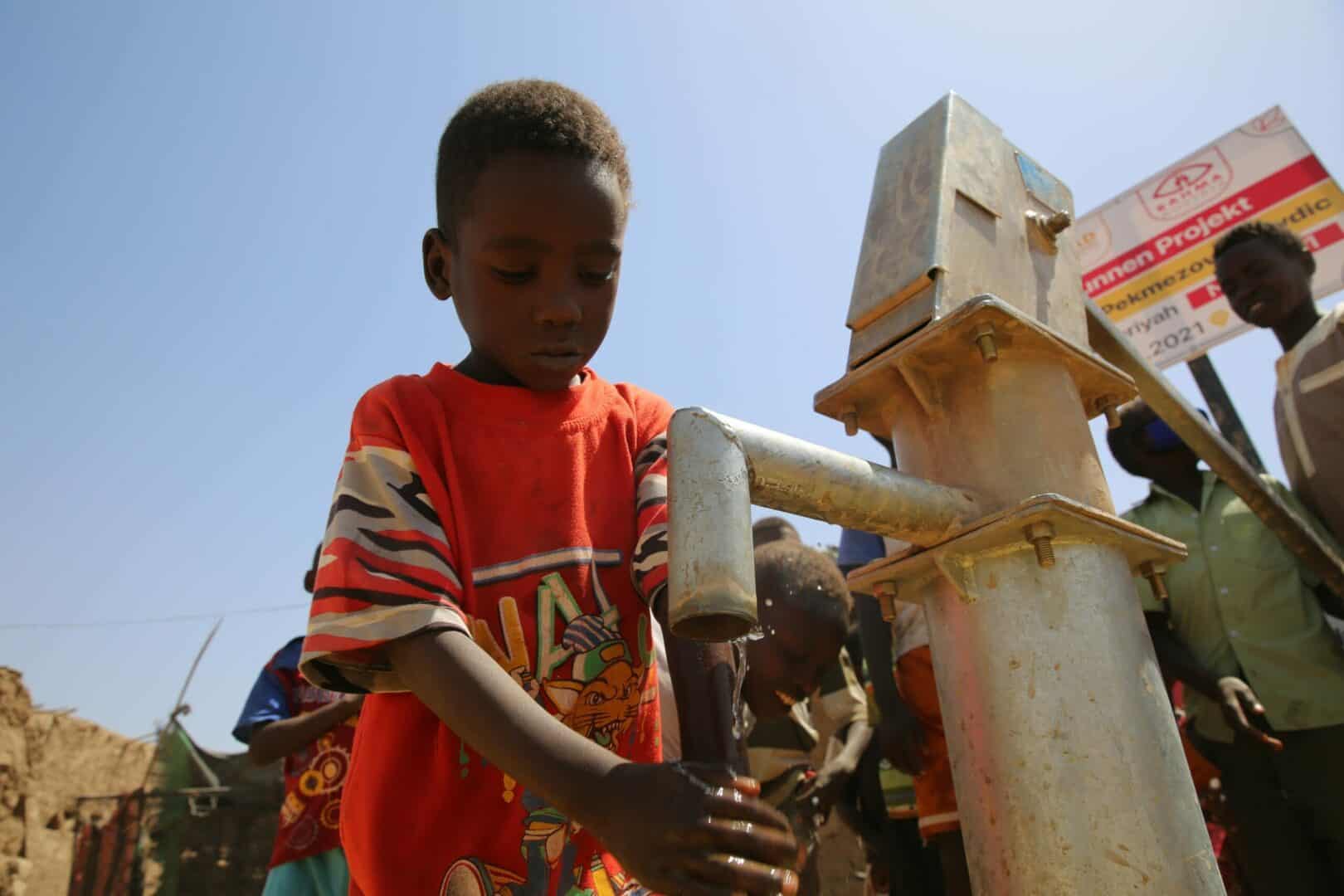Africa is one of the countries most affected by the water crisis, especially with its
population growth and rapid urbanization, where the growing population of
Africa, which is expected to increase to 1,245 million by 2025 and to 2.069 million
by 2050, increases the water demand and accelerates the deterioration of water
resources. In fact, Africa owns only 9% of the global renewable water resources,
while its population is 15% of the world’s population. Moreover, 75% of drinking
water in Africa comes from groundwater that is used with minimal or no
purification, which leads to the spread of water-borne diseases and death. To
clarify, two people die in Africa every minute, including 60 children under the
age of five, from diseases related to poor sanitation, poor hygiene, and
contaminated water such as cholera, diarrhea, dysentery, hepatitis A, typhoid,
and polio. Besides, 56 million children under the age of five are expected to die
between now and 2030 – half of them newborns -due to water-related diseases.
In addition, the number of hours that people need each day in order to find and
transfer clean water due to the lack of water sources nearby. Sub-Saharan Africa
alone, for example, loses 40 billion hours a year in collecting water; This is the
same as the value of one full year of work by the entire workforce in France.
Moreover, children lose their opportunity to learn because of spending most of
their time fetching water.
Rules and Requirements for Offering Udhiyah (Eid Sacrifice)
Udhiyah is not just meat to be distributed. It's...




